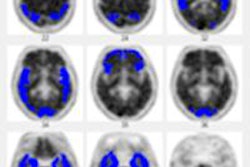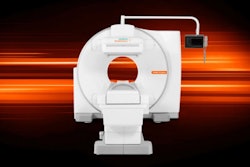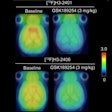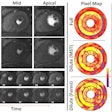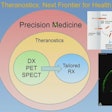PET images show how weight-loss surgery can curb alterations in brain activity associated with obesity and improve cognitive function involved in planning, strategizing, and organizing.
The new study, published online in the Journal of Clinical Endocrinology & Metabolism, is the first to assess brain activity in women before and after bariatric surgery (JCEM, August 26, 2014).
Brazilian researchers used PET scans and neuropsychological tests to assess brain function and activity in study participants prior to surgery and six months after the procedure. The same tests were administered once to a control group of 16 lean women.
Before they underwent surgery, the obese women had higher rates of metabolism in certain areas of the brain, including the posterior cingulate gyrus. Following surgery, there was no evidence of this exacerbated brain activity. Their brain metabolism rates were comparable to the activity seen in the women of normal weight.
The obese women also performed better after the procedure versus before the procedure on a test measuring executive function.
Study co-author Dr. Cintia Cercato, PhD, from the University of São Paolo said obesity led to altered activity in the posterior cingulate gyrus, which is linked to the development of Alzheimer's disease. Because bariatric surgery reversed this activity, the procedure could also perhaps lower the risk of Alzheimer's disease and other forms of dementia, according to the researchers.






